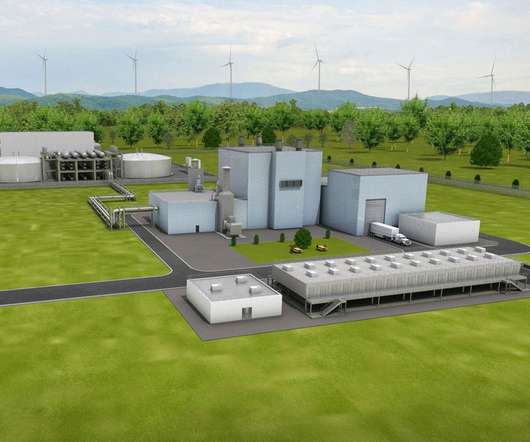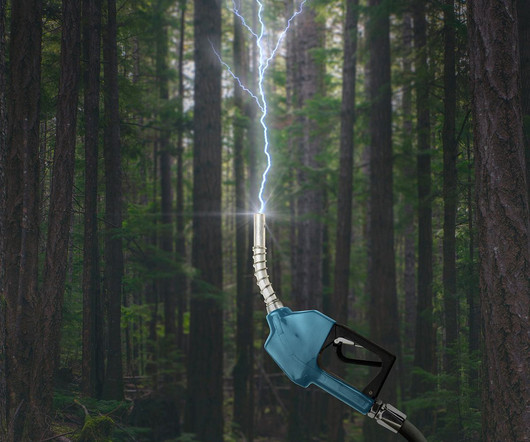Large-scale CO2 injection test begins in Illinois
Green Car Congress
NOVEMBER 21, 2011
The Midwest Geological Sequestration Consortium (MGSC), one of seven regional partnerships created by the US Department of Energy (DOE) to advance carbon storage technologies nationwide ( earlier post ), has begun injecting carbon dioxide for their large-scale CO 2 injection test in Decatur, Illinois. billion metric tons.
























Let's personalize your content